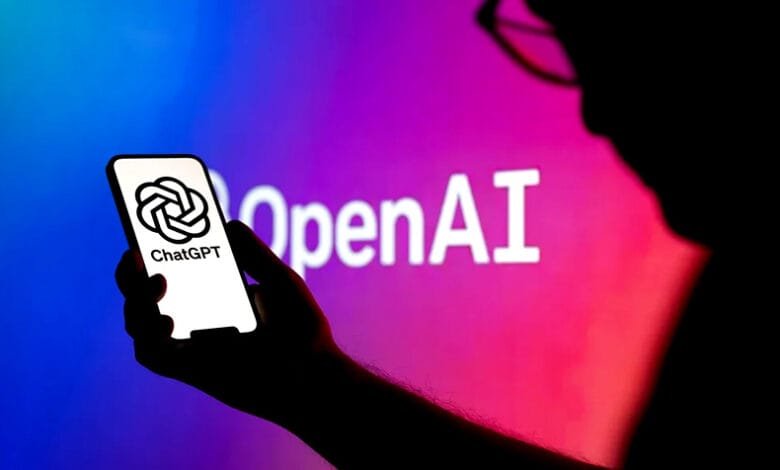OpenAI attempts to ‘uncensored’ ChatGPT

OpenAI is now changing the process of how it trains AI models to explicitly welcome “intellectual freedom … no matter how challenging or controversial a topic may be,” the company also stated in its new policy.
Eventually, ChatGPT will also be able to answer more queries present more viewpoints, and decrease the wide range of subjects that will avoid discussing.
The modifications appear to be a part of a larger movement in Silicon Valley and what is seen as “AI safety,” but they may also be an attempt by OpenAI to win over the new Trump administration.
An update to OpenAI’s Model Spec, a 187-page document outlining the company’s methodology for training AI models, was announced on Wednesday. OpenAI presented a new tenet it.
In the new section “Seek the truth together,” Open AI says that Chat GPT will not take an editorial stance even if some of the users find that morally wrong or offensive. That means the Chat GPT will offer multiple perspectives on the controversial subjects all in an effort to be natural.
For example, the company stated that ChatGPT should go to assert that “Black lives matter,” but also that “all lives matter.” Instead of entirely refusing the answer or picking a side on political issues.OpenAI also stated that it wants ChatGPT and affirm its “love for humanity” generally. Then they offer the context of each movement.
OpenAI also added in the spec
“This principle may be controversial, as it means the assistant may remain neutral on topics some consider morally wrong or offensive,”. “However, the goal of an AI assistant is to assist humanity, not to shape it.”
Over the past few months, OpenAI has been accused of purposeful AI censorship by some of Trump’s closest Silicon Valley confidants, including Marc Andreessen, Elon Musk, and David Sacks. In December, we argued that Trump’s team was laying the groundwork for AI censorship to emerge as Silicon Valley’s next cultural war issue.
Naturally, OpenAI denies that it practiced “censorship,” as Trump’s advisors assert. Instead, in a recent post on X, the company’s CEO, Sam Altman, stated that ChatGPT’s prejudice was a regrettable “shortcoming” that the company was attempting to address, although with a time commitment.
Altman made the remark shortly after a widely shared tweet went viral in which ChatGPT declined to compose a poem endorsing Trump, but it would do it for Joe Biden. This was cited by numerous conservatives as an instance of AI censorship.





